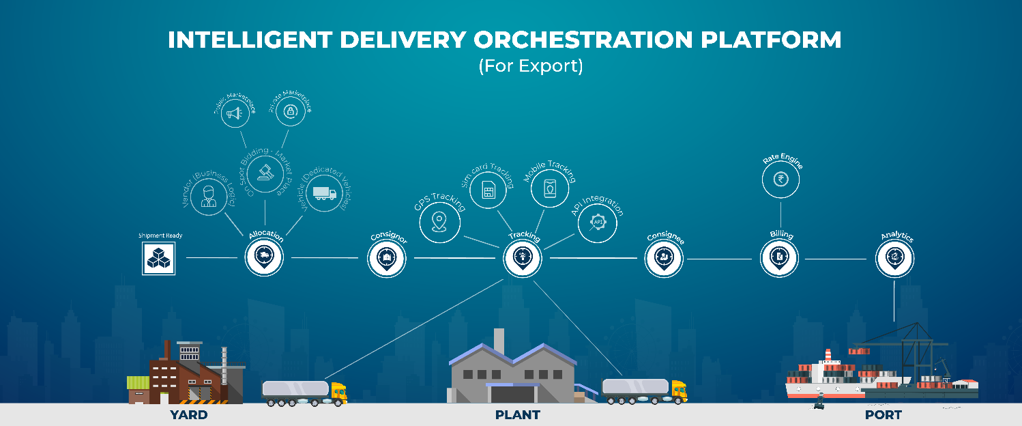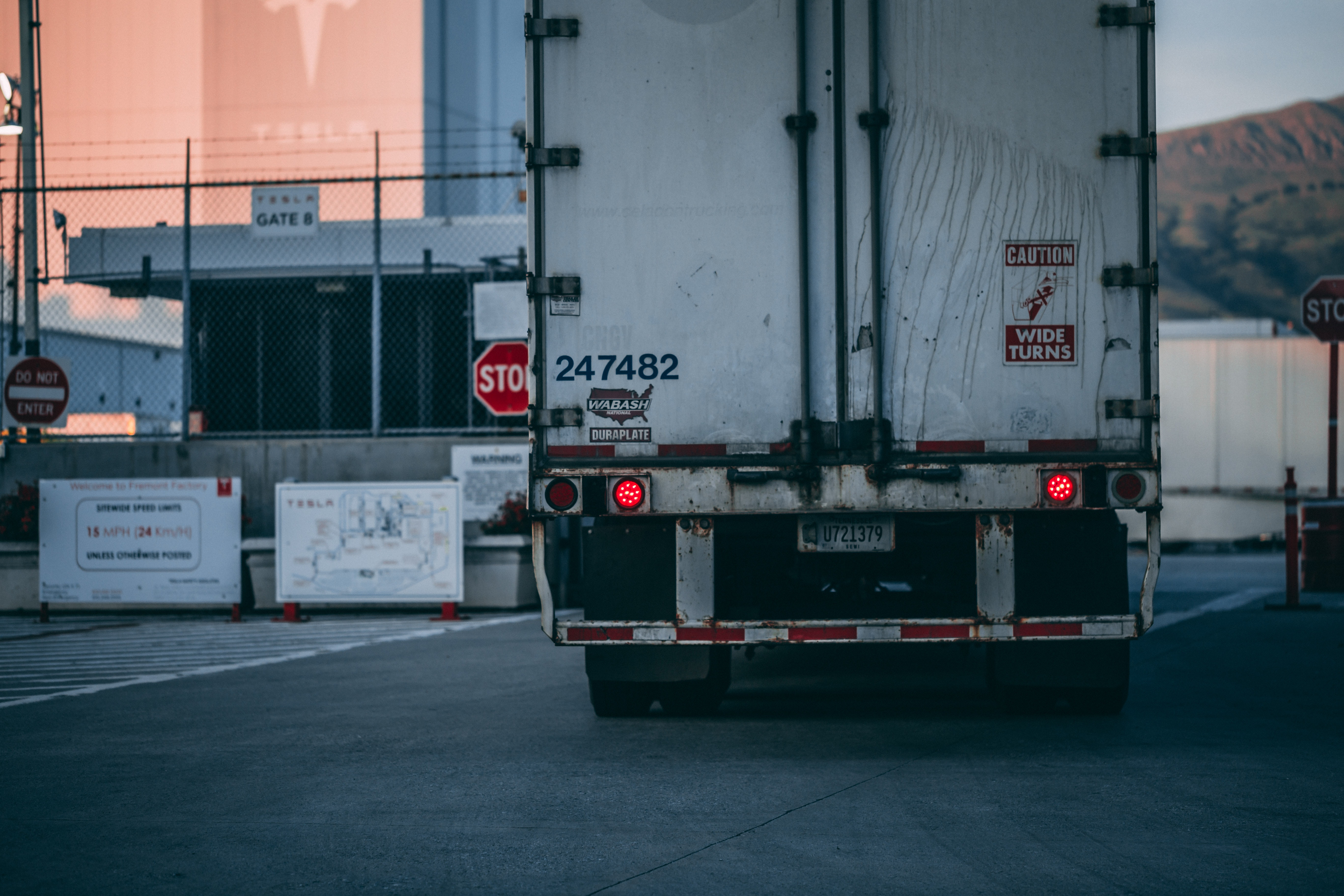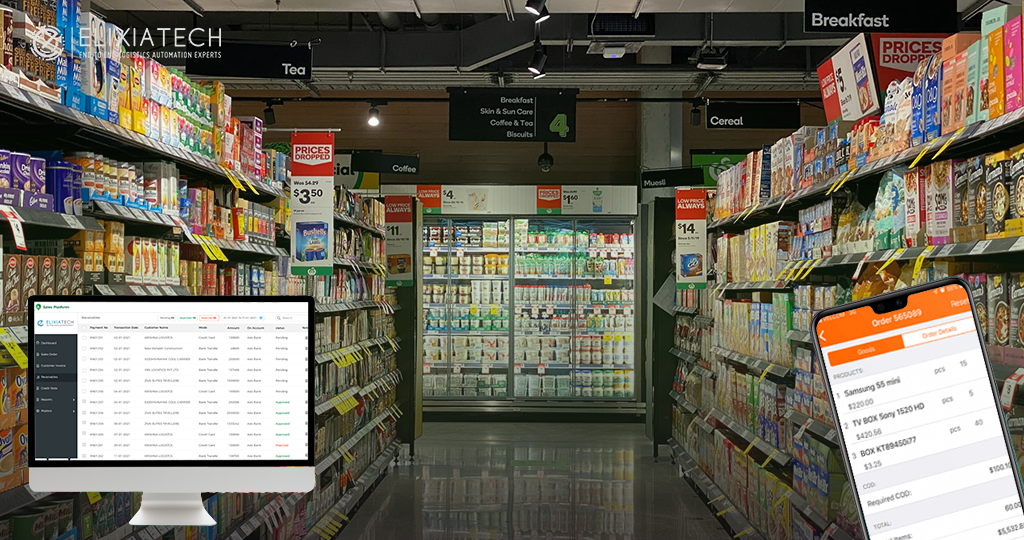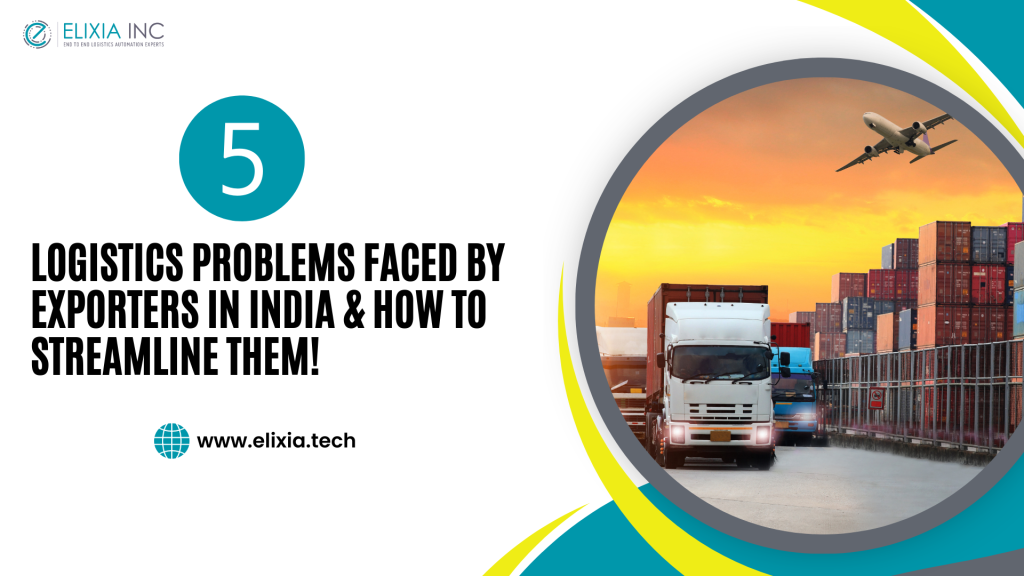
5 Logistics problems faced by exporters in India & how to streamline them!
Logistics is a critical component of the export process. Exporters in India face a number of challenges that can hinder their ability to do business successfully on a global scale. Let’s begin with what “Export Logistics” actually means.
What is Export Logistics?
Logistics for export represents the entire supply chain channel. This includes streamlining order handling, transportation, inventory management, storage, packaging & clearing of the export goods. It is basically movement of vehicles/containers/shipments from Yard to Plant to Port.
Problems faced in Export Logistics Delivery:
Indian exporters often face a host of issues when shipping goods outside the country. From bureaucratic and administrative difficulties to a lack of adequate resources and infrastructure, these problems can be daunting to overcome. In this article, we’ll explore some of the biggest problems faced by Indian exporters as well as possible solutions for tackling them.
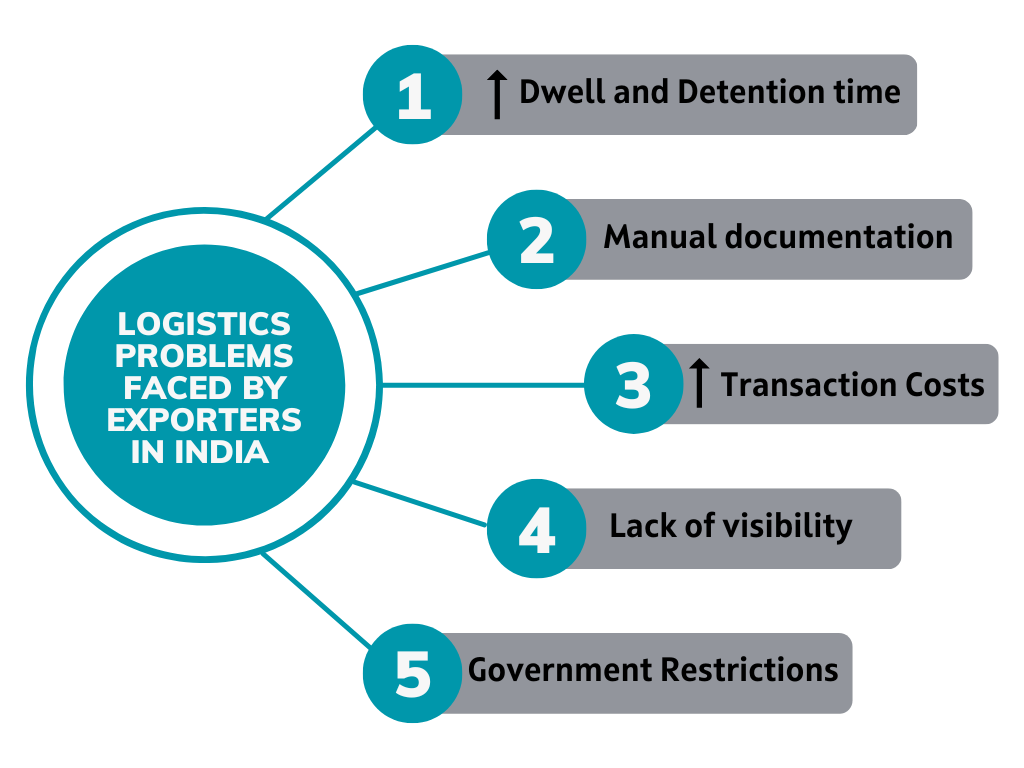 Increase in Dwell and Detention time:
Increase in Dwell and Detention time:
Exporters may experience an increase of dwell and detention times at storage facilities, ports etc. within the supply chain. This can arise when shipment plans are not efficiently synchronized, improper documentation leading to backed up containers at these locales.
Complicated and manual documentation:
Indian exporters may face issues with the complexity of regulations and paperwork processes. This can make it difficult to stay up-to-date on international standard requirements & maintain compliance when exporting goods to foreign markets.
High Transaction Costs Involved With Exporting Goods:
Exporting goods from India can involve high transaction costs, particularly those associated with shipping or other services that need to be utilized when transporting a product over long distances. This is particularly true for small and medium-sized businesses with limited budgets, which may find such costs prohibitive.
Lack of visibility:
The lack of real-time tracking & visibility of export shipments, their gate in and gate out times can make it difficult for companies to manage their supply chains. One cannot anticipate delays, which leads to unmet customer demands.
Government Restrictions:
One of the most common issues faced by Indian exporters is the lengthy process of obtaining necessary governmental approvals. As part of the process, regulatory departments often impose complex laws and policies that can significantly delay shipment. These restrictions are further exacerbated by unpredictable bureaucratic delays, which can lead to frustration in trying to move goods out of the country efficiently.
Solutions to optimize Export Logistics Delivery:
Don’t let inefficient logistic processes slow down growth. From streamlining paperwork processes to investing in modern tracking systems, there are many solutions available to help businesses reduce delays and optimize their operations for global success.
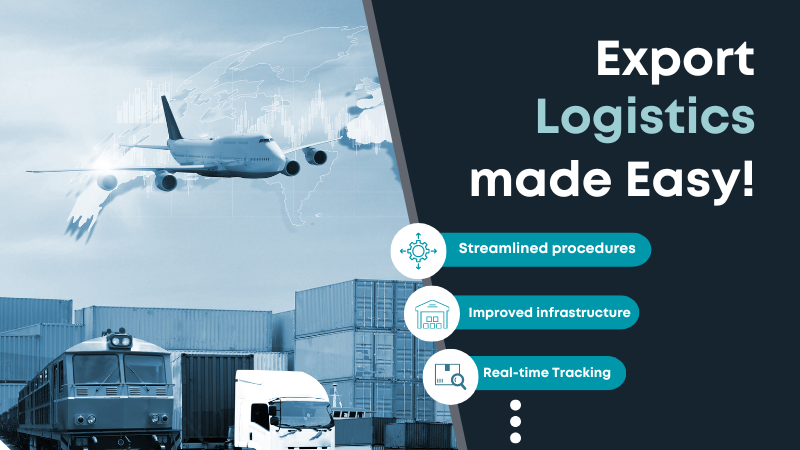 Streamline custom procedures:
Streamline custom procedures:
Customs compliance is an essential part of efficient export logistics. In India, this process involves entering accurate data into the portal and making timely payments of duty and taxes prior to document submission. Further manual intervention may be required at ports or air cargo complexes, adding additional delays and unnecessary scrutiny. During such situations, technology comes into picture to streamline the processes. As such, it’s important to understand how customs processes work early to avoid these delays, as well as stay compliant with relevant regulations and procedures.
Improve infrastructure:
As a means of improving export logistics delivery, exporters should consider strengthening their warehouses, delivery fleets, and other physical components of their supply chain. This can include improved warehouse management systems, more efficient load planning techniques, and further optimization of routes. Investing in these capabilities requires an initial investment but can result in faster shipments, better customer service levels, and higher profitability in the long run.
Reduce dwell and detention times:
Indian exporters can use technology such as digital customs monitoring systems to help streamline paperwork processes to reduce unnecessary delays. Capturing data and using the information can help take corrective action. Also, real-time data tracking can help find congested ports, reduce gate-in, gate-out, dock-in, and dock-out times, which can help reduce the amount of time.
Reduce manual documentation:
Leveraging automated & digital tools where available in order to simplify the documentation process helps manage operations more efficiently, target more cost-effective delivery services, reduce human error, and keep abreast of ever-changing regulations. This helps to improve accuracy and reduce lead times. Implementing these solutions will not only help streamline the customs process but also create more consistent compliance with applicable regulations.
Utilizing GPS Tracking Technology and Route Optimization:
Technological solutions can be invaluable when it comes to streamlining and optimizing export logistics delivery. Investing in automated route optimization, real-time tracking systems, & other IT-driven solutions can help you reduce packaging costs and minimize transit times. Meanwhile, GPS provides up-to-date information on the status of shipments, allowing for better problem-solving in case of delays. By investing in modern technologies, companies operating in the Indian market can significantly enhance their export operations.
By addressing these logistics challenges, one can improve the efficiency & reliability of their operations. It also reduces the risk of delays and other disruptions. This will help them grow their businesses and become more competitive in the global marketplace.
Elixia’s solution for improving the visibility for EXIM operations:
An Intelligent delivery orchestration platform that helps gain visibility over on-ground logistics for Import/Export Cargo. It helps you transform your business and make your import/export an agile, interconnected part of your overall supply chain. With Elixia’s Intelligent delivery orchestration platform, you get real-time visibility of in-transit freight, which gives you unmatched flexibility and insights to manage freight between a plant, port, and yard.
